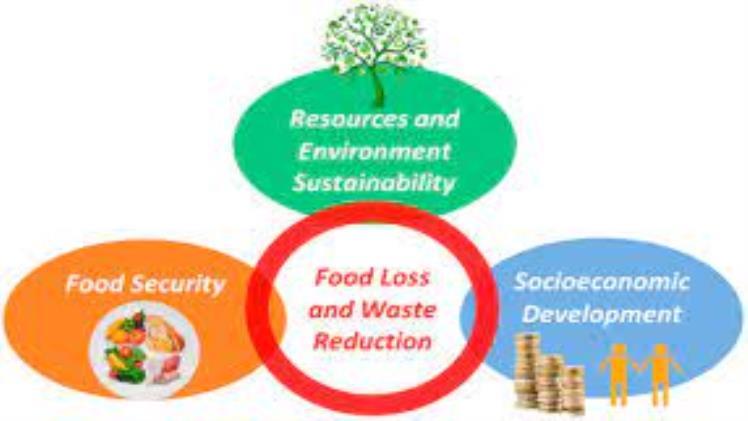Food Waste Reduction and the Importance of Sustainable Food Practices

Every year, approximately one-third of the world’s food is wasted or wasted. This issue has severe implications for both environment and human health; furthermore, it consumes a great deal of water and energy which could contribute to climate change.
Good news: Food waste can be minimized through sustainable food practices. These may include increasing crop yields, conserving water and fertilizer use, as well as decreasing the environmental impact of transporting foods from farms to stores.
Minimizing food waste is an efficient and straightforward way to reduce your carbon footprint, save money and improve health. A number of companies, nonprofits and communities are working together on this issue to address food waste.
1. Shop Smart: WRAP recommends making lists of what you need each week in order to avoid buying unnecessary items and overbuying. This helps avoid food waste and saves money since you won’t purchase things you won’t use or consume.
2. Opt for Fresh & Local: Buy locally grown and sustainably produced foods whenever possible to reduce your carbon footprint and support local communities. This includes shopping at farmer’s markets, avoiding processed items, and bringing your own reusable grocery bags or upcycled totes when shopping.
3. Donate, Redistribute and Compost: Donate any food that has been left over or prepared with too many ingredients in a recipe. Doing this helps keep it out of landfills and supports organizations that can repurpose uneaten meals into nutritious meals for those in need.
4. Reuse or Preserve Food: Instead of throwing away extra food, why not use it to make soup stock, create a homemade condiment, or freeze it for later? This can be an economical and time-saving solution that helps keep food fresh longer.
5. Recycle: Recycling is an economical, convenient way to get rid of unwanted materials and protect the environment. Waste can be turned into fuel or used as a resource – this could include turning scraps into compost or sending it off for anaerobic digestion facilities that turn it into gas and renewable energy sources.
6. Utilize All Parts of Food: This is another excellent tip to prevent food waste. Rather than throwing out whole apples or carrots, save their peels for pickling or freezing into apple sauce – which will taste just as good and last just as long as the original item.
These are just a few of the simple and effective ways to reduce food waste at home, at work, and in your community. By making an effort to implement these strategies, you can significantly reduce your carbon footprint, save money on groceries, and take action against climate change. Furthermore, cutting back on waste is just as important as saving money; it helps you live a healthier and more eco-friendly lifestyle.